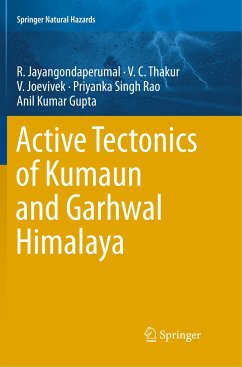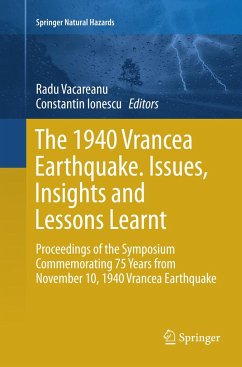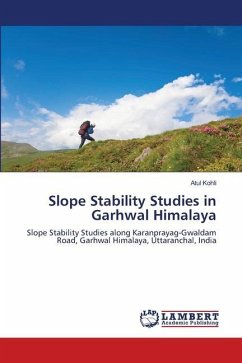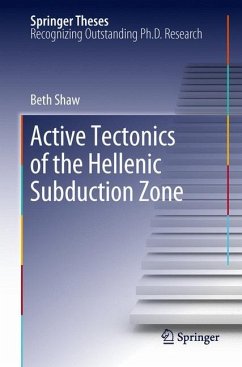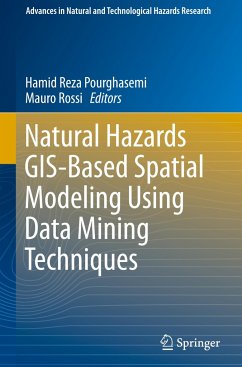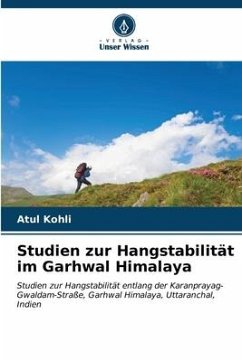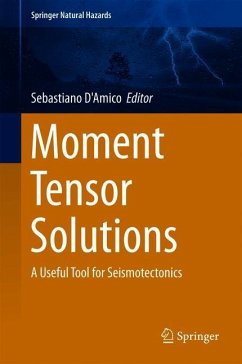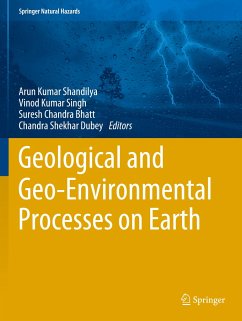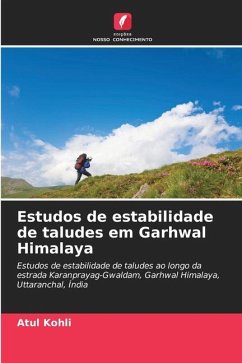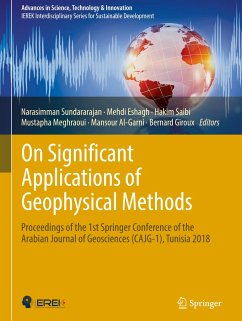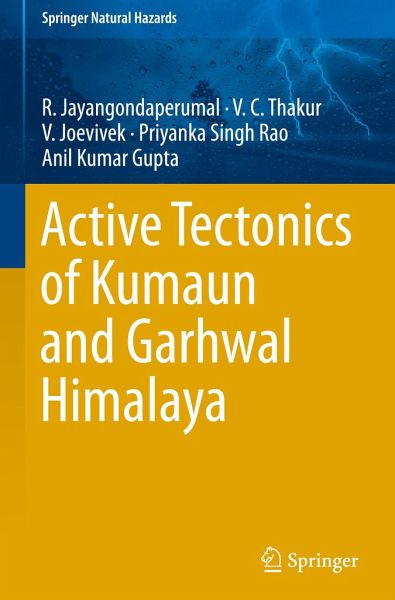
Active Tectonics of Kumaun and Garhwal Himalaya
Versandkostenfrei!
Versandfertig in 6-10 Tagen
83,99 €
inkl. MwSt.
Weitere Ausgaben:

PAYBACK Punkte
42 °P sammeln!
The book contributes to understanding the pattern of strain release and the level of seismic hazard imposed by large-great earthquakes in the frontal fold-thrust belts of Kumaun and Garhwal regions of Uttarakhand. The motivation for active fault studies and their characterization have been emphasized. The book presents the compilation of knowledge garnered in multidisciplinary or proxy studies involved in the understanding of seismic hazard in general and Kumaun-Garhwal Himalaya regions in particular with lucid new maps draped on modern Cartosat or SRTM DEM data. It also discusses satellite im...
The book contributes to understanding the pattern of strain release and the level of seismic hazard imposed by large-great earthquakes in the frontal fold-thrust belts of Kumaun and Garhwal regions of Uttarakhand. The motivation for active fault studies and their characterization have been emphasized. The book presents the compilation of knowledge garnered in multidisciplinary or proxy studies involved in the understanding of seismic hazard in general and Kumaun-Garhwal Himalaya regions in particular with lucid new maps draped on modern Cartosat or SRTM DEM data. It also discusses satellite image calibration, active faults identifications, and map productions with owchart. The book discusses window-wise active fault elements with attributes together with the tectonic geomorphic map. It also includes active fault scarp with topographic profile along with field photographs. Finally, it reviews all existing seismotectonic models of the Himalaya, its earthquake hazard, and its vulnerability, specifically for Kumaun and Garhwal regions.



